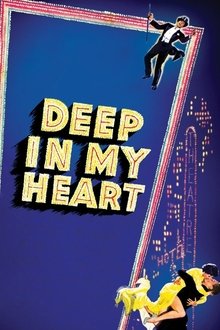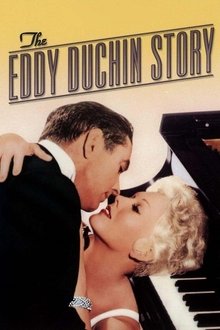Shoshana Damari was the first Israeli diva. She graced local and international stages, stirring millions with her beguiling voice and spectacular performance. Yet behind the larger-than-life persona and her memorable songs was a woman about whom we know little. She didn’t like to be interviewed and never volunteered details about herself and her family. Hers was the life of a Hollywood legend and she paid the price for it. This is a story about fame and loneliness, acclaim and loss, daring and compromise. For the first time, the woman behind the crown, the cloak and the palace will come to light.
Related Movies
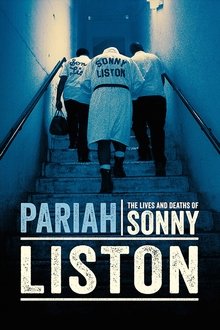
Pariah: The Lives and Deaths of Sonny Liston (2019)
Overcoming the seemingly insurmountable odds that life threw his way, Liston became heavyweight champion of the world when he knocked out Floyd Patterson in 1962. Eight years later, he died but friends questioned the cause of his death.

Pierre Clément, Cinéma et Révolution (2023)
Pierre Clément, student and photographer of René Vauthier, first accompanied him to Tunisia to make a film on the country's independence in 1957. Destiny led him to Algeria and his presence in February 1958 at the Tunisian-Algerian border changed his life. . Forever. He took his camera and photographed the attacks on Sakia Sidi Youssef before committing himself body and soul to the Algerian cause. Shortly after, he directed the film “Algerian Refugees” before being arrested, tortured and imprisoned, while his third film, “The National Liberation Army in Almaki”, was not finished. Abdel Nour Zahzah, a director who commemorates Pierre Clément, the director who risked his life, the brother of the Algerian resistance, who disappeared in 2007.

Dead Set! (1998)
A documentary celebrating the culture, spirit and style of Australian music featuring interviews and live performances from You Am I, Spiderbait, Regurgitator, Custard, Grinspoon, Jebediah, Something for Kate, Frenzal Rhomb, Ammonia, Crow, and Bodyjar.
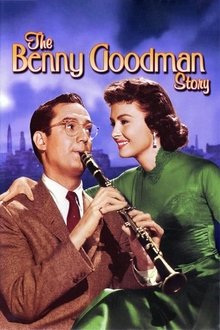
The Benny Goodman Story (1956)
Young Benny Goodman is taught clarinet by a music professor. He is advised to play whichever kind of music he likes best, but to make a living, Benny begins by joining the Ben Pollack traveling band.
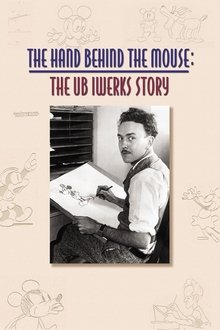
The Hand Behind the Mouse: The Ub Iwerks Story (1999)
There's not a person in the world who wouldn't recognize Mickey Mouse. But until now, not many knew the man who originally gave shape, movement and personality to the world's most beloved icon. "The Hand Behind the Mouse: The Ub Iwerks Story" takes you behind the scenes to meet Walt Disney's best friend and chief animator.
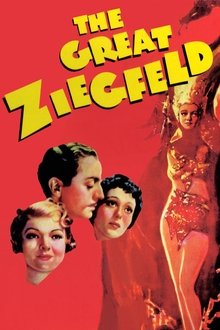
The Great Ziegfeld (1936)
At the 1893 Chicago World's Fair, sideshow barker Florenz Ziegfeld turns the tables on his more-successful neighbor Billings, and also steals his girlfriend. This pattern repeats throughout their lives, as Ziegfeld makes and loses many fortunes putting on ever-bigger, more spectacular shows
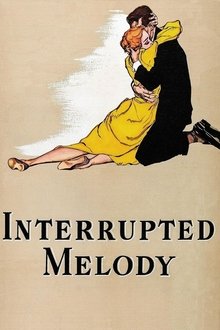
Interrupted Melody (1955)
Interrupted Melody is the inspirational filmed biography of world-renowned Australian soprano Marjorie Lawrence. She’s a foremost Wagnerian, equal to the vocal and physical demands of the composer’s oeuvre. And she’s a beacon of triumph to anyone who fights back when personal tragedy strikes.

Doris Dörrie - Die Flaneuse (2024)
Why does Doris Dörrie have a bag on her head in the interview? Consistent in the sense that in her works she always poses the question of how we want to be perceived. Dörrie takes us through the most important stages of her life, her films, her work as a mentor and teacher, and also addresses existential themes: Identity, motherhood, her role as a woman. And she talks openly about fears, setbacks and crises, such as the untimely death of her partner and cameraman Helge Weindler. "Shut up and breathe", the advice of a Tibetan lama, carries her through life - even beyond the screen.

Lucille Ball: Finding Lucy (2000)
For more than 30 years, Lucille Ball was one of the most recognized and loved entertainers in the world. Known to all simply as Lucy, she portrayed a scatterbrained housewife with the ability to turn simple chores into humorous disasters.
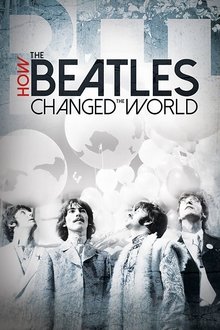
How the Beatles Changed the World (2017)
The fascinating story of the cultural, social, spiritual, and musical revolution ignited by the coming of the Beatles. Tracing the impact that these four band members had, first in their native Britain and soon after worldwide, it reappraises the band and follows their path from young subversives to countercultural heroes. Featuring fresh, revealing interviews with key collaborators as well as a wealth of rarely-seen archival footage, this is a bold new take on the most significant band in the history of music and their enduring impact on popular culture.

A Man Named Scott (2021)
In 2009, Scott Mescudi aka Kid Cudi released his debut LP, Man on the Moon: The End of Day. A genre-bending album that broke barriers by featuring songs dealing with depression, anxiety and loneliness, it resonated deeply with young listeners and launched Cudi as a musical star and cultural hero. A Man Named Scott explores Cudi’s journey over a decade of creative choices, struggles and breakthroughs, making music that continues to move and empower his millions of fans around the world.
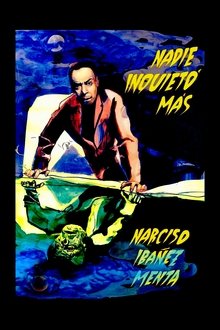
Nadie inquietó más (2008)
A peculiar, meticulous, vocationally archeological account of the professional life of the actor, Spanish by birth, Argentinean by adoption, Narciso Ibañez Menta (1912-2004), spiritual disciple of Lon Chaney, the new man of a thousand faces, master of horror, star of Argentinean theater, cinema and television for decades.
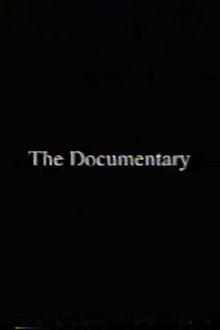
Fyre - The Documentary (2003)
Documentary made by In The Cuts Records about the Sacramento band FYRE featuring a young Stefan Burnett who would eventually end up fronting the band Death Grips.
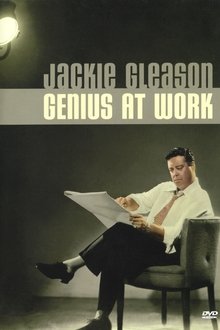
Jackie Gleason: Genius at Work (2006)
This special is a thorough retrospective of Jackie's most popular characters from his 1950's television series, characters that include: Ralph Kramden, Reginald Van Gleason, III, the Poor Soul, Fenwick Babbit and Joe The Bartender. Many of the sketches have not been available or even viewed since their original live broadcasts. Jeff Garlin of Curb Your Enthusiasm hosts the program with feature commentary from Mrs. Marilyn Gleason.
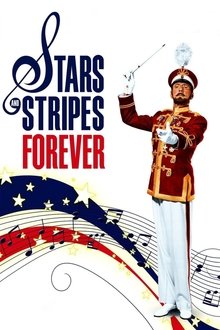
Stars and Stripes Forever (1952)
A film biography of the composer John Philip Sousa, from his early days in the Marine Corps Band through the Spanish-American War in 1898.
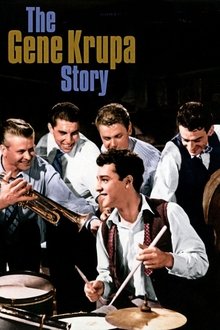
The Gene Krupa Story (1959)
The story of legendary jazz drummer, Gene Krupa. Since his youth, all Gene ever wanted to do is play the drums and make music. This is something his parents would not approve of- they want him to be a priest. When Gene's father dies he promises to enter the priesthood. He soon realizes that he doesn't belong there and leaves to join his friend, Eddie's band. Ethel, Eddie's girlfriend, convinces Gene to go to New York and make it big. The 3 of them head to New York. Here Ethel and Gene soon fall in love and Gene makes a name for himself. Gene starts to live in the fast lane, with drugs, alcohol, women and parties. Ethel, unhappy with Gene's lifestyle, leaves him. Gene soon "hits rock bottom" where he has to face reality and choose where to take his life.
